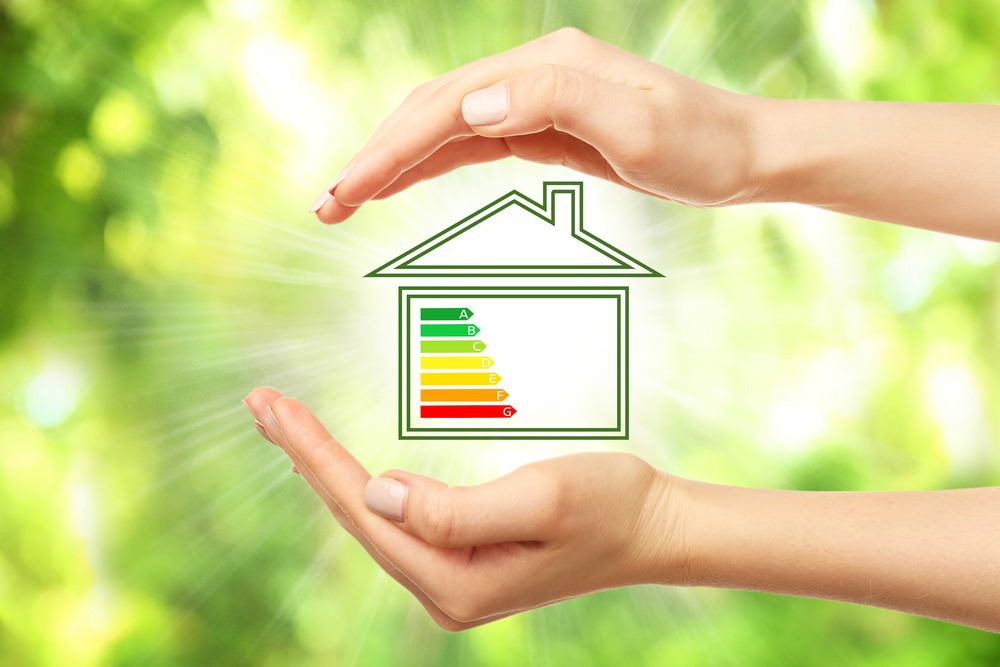As concerns about environmental sustainability grow, the importance of energy-efficient HVAC systems cannot be overstated. These systems are the backbone of indoor comfort but represent a significant portion of a household’s energy consumption. Upgrading to more energy-efficient options reduces your carbon footprint and leads to substantial cost savings in the long run.
This article will explore various upgrades and optimizations that can make your HVAC system more energy-efficient, benefiting your wallet and the planet.
Smart thermostats: Precision control for optimal efficiency
One of the most effective ways to enhance the energy efficiency of your HVAC system is by installing a smart thermostat. Unlike traditional thermostats, which rely on manual adjustments, smart thermostats utilize advanced algorithms and sensors to optimize temperature settings based on occupancy patterns and user preferences. They also can learn from your behavior and adjust settings accordingly.
With remote access via mobile apps, smart thermostats empower homeowners to monitor and control their HVAC systems even when away from home. This means you can adjust temperatures to conserve energy at work or on vacation and then return to a comfortable environment without wasting unnecessary energy.
Efficient insulation: Sealing the envelope
Proper insulation is a cornerstone of energy-efficient HVAC systems. Well-insulated homes are better equipped to retain conditioned air, minimizing the workload on your heating and cooling systems. This results in reduced energy consumption and lower utility bills. Critical areas for insulation include attics, walls, and floors, where air leaks and poor insulation are most likely to occur.
Sealing gaps, cracks, and joints in your home’s envelope is equally essential. This prevents conditioned air from escaping and unconditioned air from entering. Weatherstripping around doors and windows and caulking around pipes and vents can significantly improve the overall energy efficiency of your home.

Regular maintenance: A proactive approach to efficiency
Routine maintenance is a fundamental practice for ensuring the energy efficiency of your HVAC system. Over time, dust, debris, and wear and tear can hinder the performance of critical components, causing your system to work harder and consume more energy.
Regular inspections and tune-ups by a qualified technician can address these issues, optimizing the efficiency of your HVAC system.
Maintenance tasks may include:
- Cleaning or replacing air filters.
- Inspecting ductwork for leaks.
- Lubricating moving parts.
- Checking refrigerant levels.
These measures not only improve efficiency but also extend the lifespan of your system. By adopting a proactive approach to maintenance, you not only save on energy costs but also reduce the likelihood of costly repairs or premature replacements.
From time to time a Phoenix AC replacement technician is needed to replace and upgrade your AC.
High-efficiency equipment: Investing in the future
Investing in high-efficiency equipment is a substantial step forward when upgrading your HVAC system for energy efficiency. Newer models often come equipped with advanced technologies and features that significantly reduce energy consumption compared to older, less efficient systems. Look for systems with high Seasonal Energy Efficiency Ratio (SEER) ratings for air conditioners and high Annual Fuel Utilization Efficiency (AFUE) ratings for furnaces.
Ductless mini-split systems are another zone-specific heating and cooling option, minimizing energy waste in unoccupied areas. While the initial investment may be higher, long-term energy savings make high-efficiency equipment worthwhile.

Renewable energy integration: A sustainable synergy
Integrating renewable energy sources with your HVAC system is a powerful strategy for enhancing energy efficiency. Solar panels, for instance, can generate clean electricity to power your HVAC system, reducing your reliance on conventional grid electricity. This lowers your energy bills and contributes to a more sustainable and eco-conscious lifestyle.
Geothermal heating and cooling systems tap into the earth’s constant temperature beneath the surface. Geothermal systems provide highly efficient heating and cooling solutions by harnessing this natural energy. While the initial installation cost may be higher, the long-term energy savings and reduced environmental impact make geothermal systems a compelling choice for homeowners committed to energy efficiency.
Programmable zoning: Targeted comfort and efficiency
Programmable zoning is a sophisticated strategy that optimizes comfort and energy usage in your home. This system divides your living space into zones, each with a thermostat and dampers controlling airflow. By individually regulating the temperature in different zones, you can avoid overheating or overcooling unoccupied areas, a typical energy waste source.
For example, during the day, you can focus on heating or cooling the living areas while reducing energy consumption in unused bedrooms or guest spaces. This targeted approach to comfort enhances energy efficiency and provides a customized and adaptable indoor environment. Programmable zoning is an advanced solution that maximizes the benefits of your HVAC system while minimizing unnecessary energy consumption.
All in all
Embracing energy efficiency in your HVAC system is a multifaceted approach that involves intelligent technology adoption, strategic insulation, diligent maintenance, and thoughtful equipment upgrades. By implementing these measures, you reduce your environmental impact and enjoy substantial cost savings over time.
It’s a win-win scenario that benefits your household budget and contributes to a more sustainable future. As we prioritize responsible energy consumption, energy-efficient HVAC systems become increasingly vital in creating a comfortable and environmentally conscious living space.






